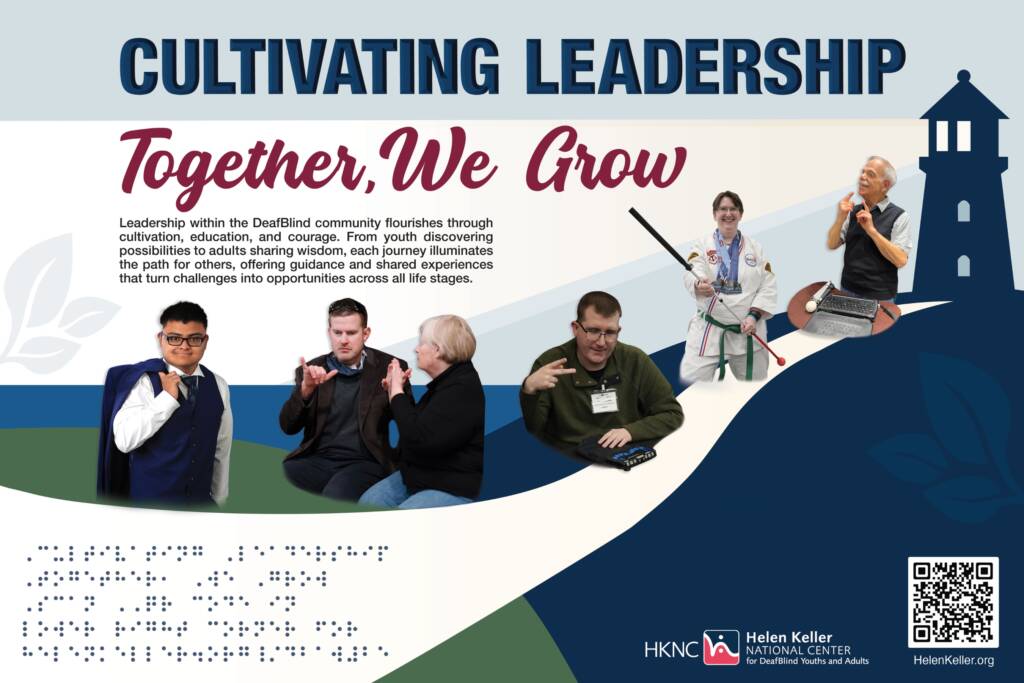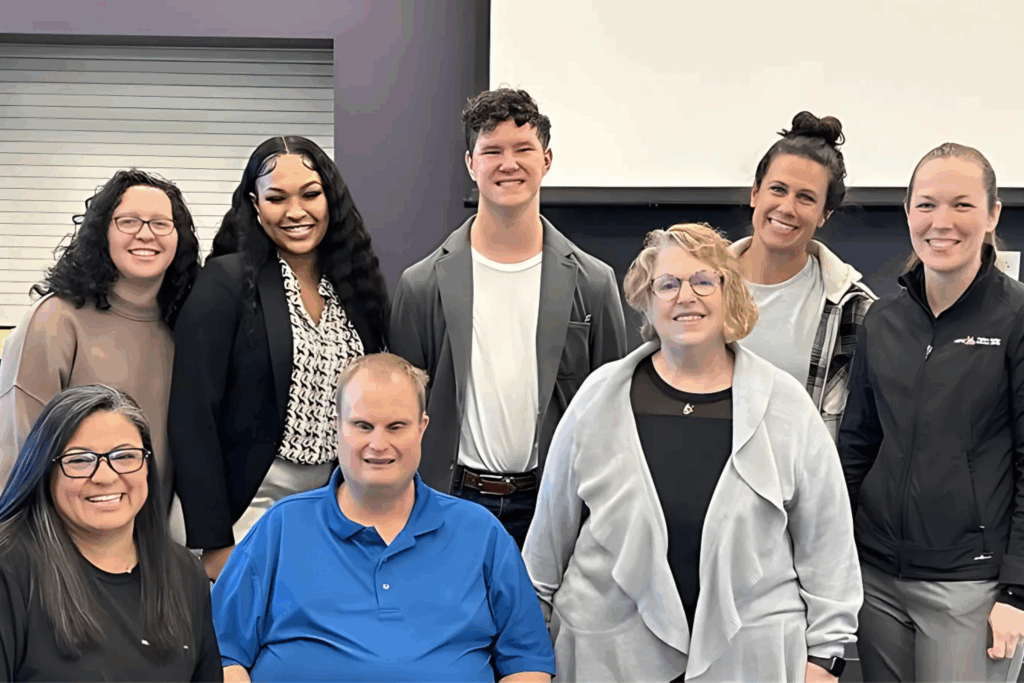Innovate Long Island: DeafBlind Thrive At Helen Keller National Center
Learn about Helen Keller National Center and the observation of the International Day of Persons with Disabilities.
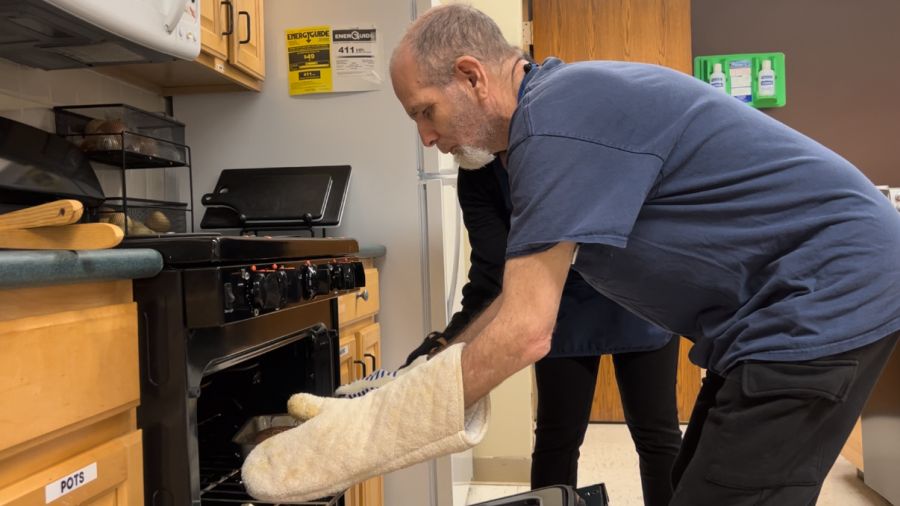
By Gregory Zeller, Innovate Long Island
December 1, 2022
Original article on Innovate LI’s website
Innovative technologies are always in play at the Helen Keller National Center, but what’s inside counts most – and that’s doubly true this Saturday.
On Dec. 3, the Sands Point-based nonprofit institution – a residential school working what many would consider miracles, to the great benefit of individuals who are blind, DeafBlind or otherwise sight- and/or hearing-impaired – will observe the International Day of Persons With Disabilities, a circa-1992 United Nations effort to promote the rights and wellbeing of differently abled people.
Abilities of all kinds mingle inside the Helen Keller National Center (officially the Helen Keller National Center for Deaf-Blind Youths and Adults), a frontline national vocational/rehabilitation program managed by Helen Keller Services.
The mothership is a Brooklyn-based 501(c)3 nonprofit providing customized training and support for people with varying degrees of deaf-blindness. In addition to the National Center, Helen Keller Services also manages Helen Keller Services for the Blind, which dates all the way back to 1893 and operates rehabilitation facilities in Hempstead and Huntington.
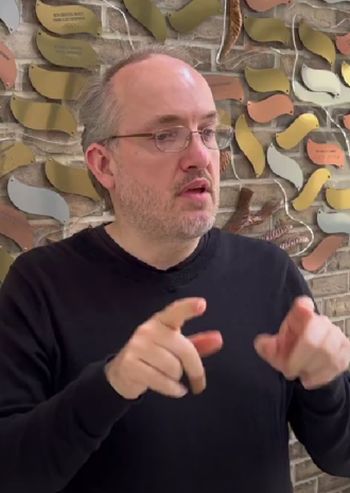
Inside the HKNC, sensory challenged people from around the country learn critical skills leading to more independent lives, from basic spatial orientation to more advanced talents like computing and cooking. Students live on the center’s 25-acre campus for weeks at a time, engaging in daily activities and skill labs, even calling in job-placement services when they’re ready.
Named for American author and activist Helen Adams Keller – who lost her sight and hearing to an undiagnosed illness at 19 months old and became a global icon of DeafBlind achievement – the National Center helps fill several critical societal gaps, according to Helen Keller Services CEO Sue Ruzenski.
“It’s really about raising awareness and our ability to act,” Ruzenski said in a statement. “In an instant, we can change how we open our doors in the workforce, how we mentor our future leaders, how we make our hiring practices more inclusive so that people with disabilities have a voice.
“We have a long way to go to be more inclusive as a society,” the CEO added.
To that end, the HKNC presses a cutting-edge array of tools, techniques and talent into service: teams of audiologists, technicians, American Sign Language instructors, mental-health experts and other professionals wielding a next-generation arsenal of adaptive equipment and software.
Training is individualized with the help of numerous adaptive technologies – special versions of existing technologies (keyboards, screens, etc.) enhanced to promote interactions with the differently abled.
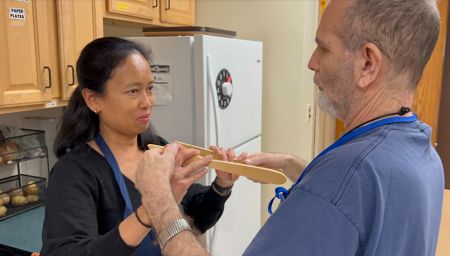
There are also handheld video magnifiers, electronic braille displays, all manners of assistive hearing devices and a range of mobile, desktop and telecommunications instruction for patients of different ability levels.
Orientation and mobility training can help the blind travel independently and the deaf communicate effectively in public settings. And there are many innovative low-tech services on tap, ranging from mental-health counseling to art therapy that allows patients to explore self-expression (and discover some joy) through painting, sculpture, macramé and more.
Most importantly, the National Center staff brings the professional skills, empathy and patience demanded by the job. Consider the case of Associate Executive Director Chris Woodfill, who is deaf – he communicates via American Sign Language – and came to the HKNC in 2008 as a student.
According to the former pupil, the No. 1 lesson he learned all those years ago is still taught today in the National Center’s kitchens and technology labs.
“DeafBlind people are the same as anyone else in this world,” Woodfill said. “They communicate differently, but they live and work the same as all of us.”

